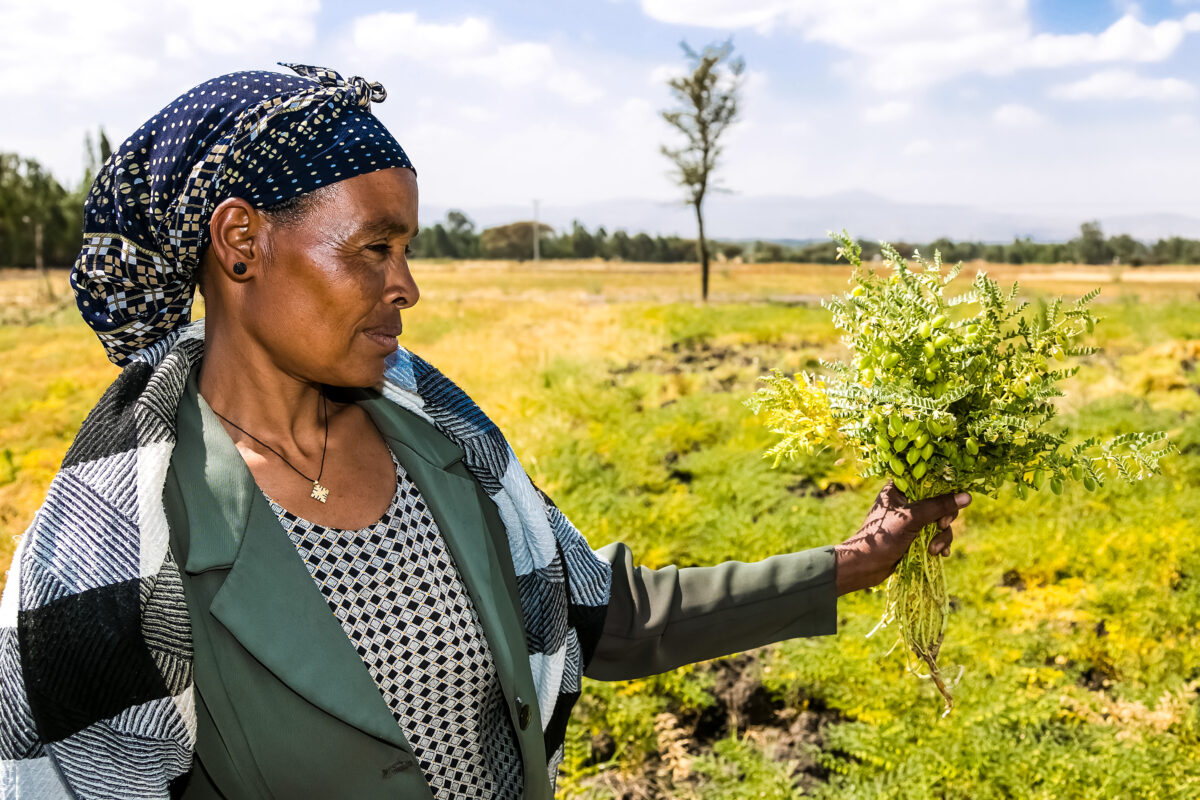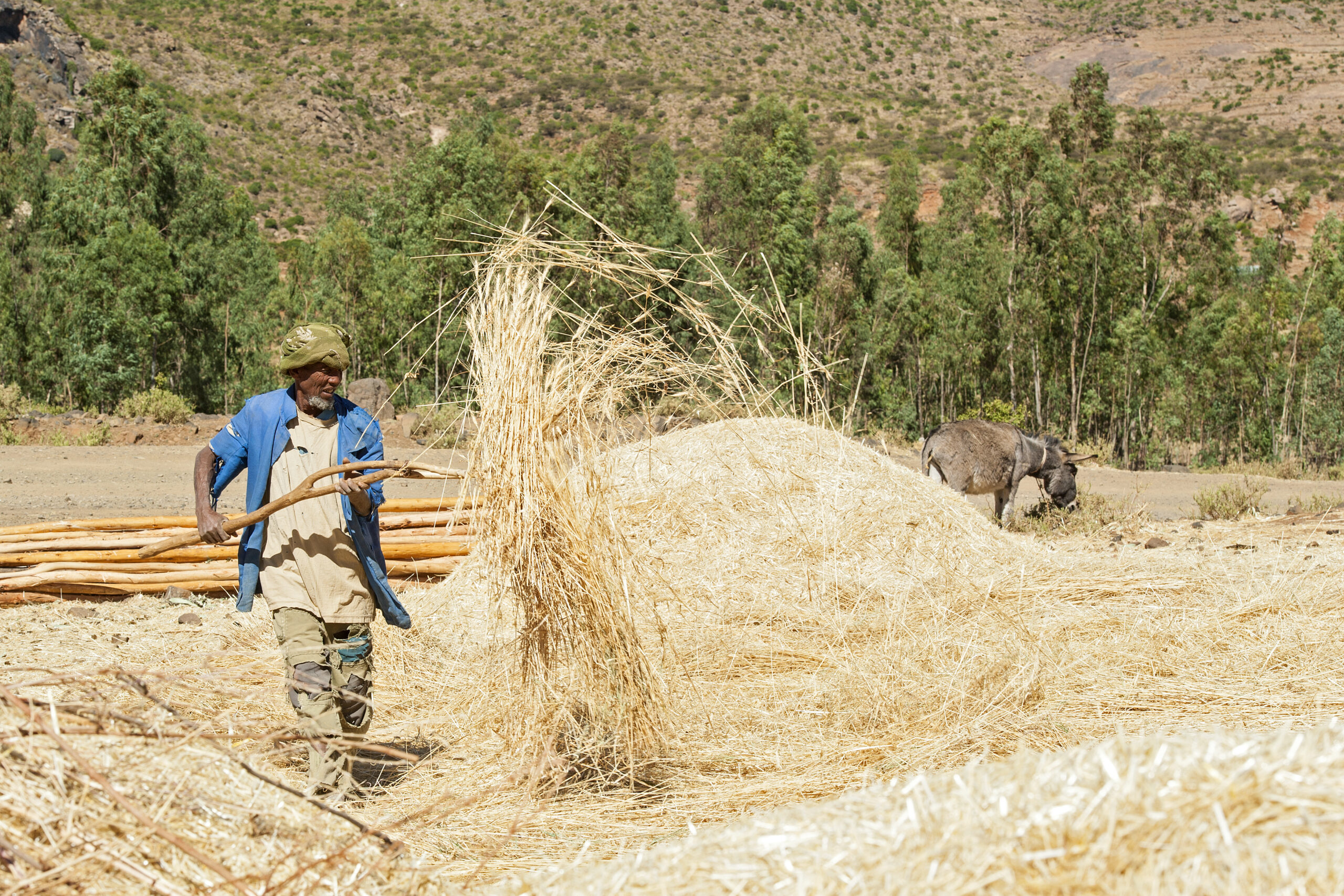As the world confronts the growing perils of climate change, the urgency to establish resilient food systems has never been more critical. Agriculture, the bedrock of human sustenance, is increasingly vulnerable to shifting weather patterns, extreme temperatures, and unpredictable rainfall. Amidst these challenges, organizations like CGIAR and the Global Center on Adaptation (GCA) are pioneering efforts to transform agricultural practices and promote resilient crops. Ethiopia’s adoption of heat-resistant wheat serves as a beacon of hope for securing food supplies, not just in Africa but globally.
Agriculture is one of the sectors most affected by climate change, with profound implications for global food production. According to the Intergovernmental Panel on Climate Change (IPCC), rising temperatures, water scarcity, and extreme weather events such as droughts and floods threaten the viability of traditional farming methods. Regions like Sub-Saharan Africa, where agriculture is a key economic driver and a lifeline for millions, are particularly vulnerable. In Ethiopia, wheat is both a dietary staple and an economic cornerstone. However, rising temperatures and prolonged heat stress jeopardize wheat yields, exacerbating food insecurity and economic instability.
CGIAR, a global research partnership, has long been at the forefront of agricultural innovation. With a focus on creating climate-smart solutions, CGIAR develops crop varieties that can withstand drought, heat, and salinity. These efforts equip farming communities with tools to adapt to new environmental realities, ensuring food security in a changing climate. Complementing CGIAR’s work, GCA promotes policies and investments that prioritize climate adaptation. By driving the uptake of CGIAR’s risk-reducing technologies, GCA bridges the gap between research and practical implementation. This collaborative approach ensures that scientific advancements translate into tangible benefits for farmers on the ground.
One of CGIAR’s most promising innovations is the development of heat-resistant wheat varieties. Traditional wheat struggles when temperatures exceed 25°C, but CGIAR’s new strains can endure heat stress up to 35°C without compromising yield. With nearly 5 million hectares of land dedicated to wheat cultivation, Ethiopia stands to benefit significantly from these resilient crops. Early trials have demonstrated high productivity even in hotter conditions, offering a sustainable solution to climate challenges. The success of heat-resistant wheat in Ethiopia could ripple across Sub-Saharan Africa and other regions grappling with similar climate vulnerabilities. As temperatures continue to rise, the development and adoption of climate-resilient crops like these are vital to maintaining food production and averting hunger.


The collaborative efforts of CGIAR and GCA go beyond crop development. GCA’s role in fostering partnerships among governments, farmers’ organizations, and financial institutions ensures that climate-smart technologies reach smallholder farmers. In Ethiopia, GCA is working to expand the adoption of heat-resistant wheat through targeted investments, policy frameworks, and capacity-building initiatives. This comprehensive approach helps secure adaptation financing and ensures that innovations are deployed at scale where they are most needed.
While Ethiopia’s experience serves as a case study, the implications of this work extend globally. Climate shocks are already a leading cause of hunger, displacing millions and undermining livelihoods. According to the World Food Programme, addressing these challenges requires a concerted effort to develop and disseminate climate-resilient agricultural solutions. Innovations like heat-resistant wheat are not just about surviving the impacts of climate change; they represent a pathway to building sustainable, equitable food systems for future generations.
As climate change continues to disrupt traditional agriculture, the work of CGIAR and GCA underscores the transformative potential of science and collaboration. By investing in climate-smart agriculture, we can protect farmers’ livelihoods, enhance food security, and ensure a sustainable future for all. The fight for food security demands innovation, resilience, and global solidarity. The time to act is now.